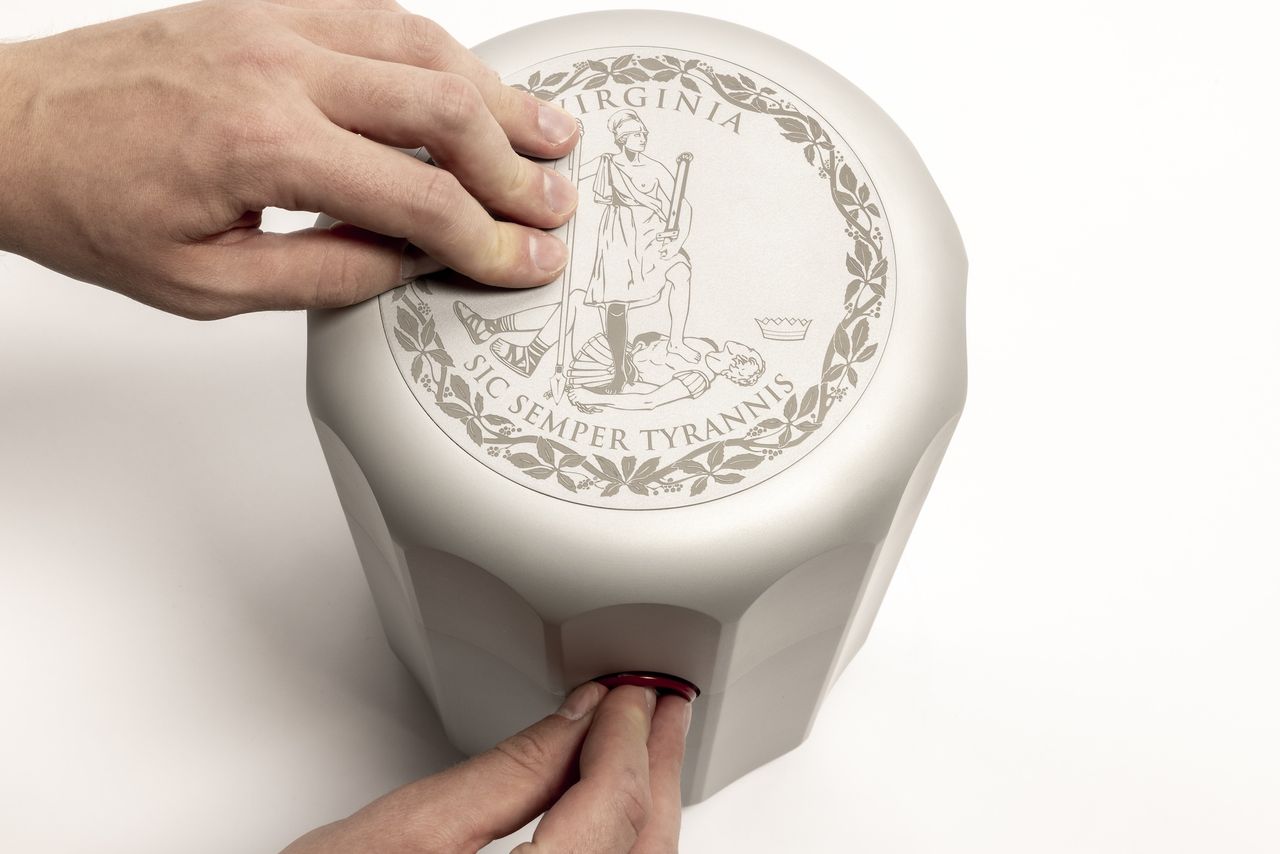 Weekly Chinese Idiom Last Chinese New Year I gave a box of Chunghwa cigarettes to a close friend named Liú Jié 刘杰. The expensive brand of cigarettes, Chunghwa, are sold in a soft pack, while cheaper ones are sold in a hard box. Shanghai Tobacco Co. has been producing Chunghwa branded cigarettes for over 50 years and currently exports to 30 countries on five continents. Chunghwa cigarettes have long been a prized gift among businessmen and government officials along with Wuliangye "bái jiŭ ". Bái jiŭ 白酒 literally means white alcohol, and clocks in at 80-120 proof, or 40-60% alcohol by volume, which compares to vodka with a measly 35-40%. Wuliangye 五粮液 bái jiŭ can cost up to 27,000 Chinese renminbi (US$3,900) or roughly 9 months wages for a full-time Beijing taxi driver. To be frank the Chinese don't mess around when it comes to smoking or drinking.
Weekly Chinese Idiom Last Chinese New Year I gave a box of Chunghwa cigarettes to a close friend named Liú Jié 刘杰. The expensive brand of cigarettes, Chunghwa, are sold in a soft pack, while cheaper ones are sold in a hard box. Shanghai Tobacco Co. has been producing Chunghwa branded cigarettes for over 50 years and currently exports to 30 countries on five continents. Chunghwa cigarettes have long been a prized gift among businessmen and government officials along with Wuliangye "bái jiŭ ". Bái jiŭ 白酒 literally means white alcohol, and clocks in at 80-120 proof, or 40-60% alcohol by volume, which compares to vodka with a measly 35-40%. Wuliangye 五粮液 bái jiŭ can cost up to 27,000 Chinese renminbi (US$3,900) or roughly 9 months wages for a full-time Beijing taxi driver. To be frank the Chinese don't mess around when it comes to smoking or drinking. A 2002 study by members of the University of Sheffield and the Univ. of Michigan found that China leads the world in male smoking. Globally, 43% of men above age 15 smoke, yet in China more men smoke than don't. Maybe a smoking ban would help slow global warming? By 1999 the World Health Organization stated one in three cigarettes smoked in the world were in China. The Worldmapper.com , which uses cartograms to re-size 200 countries according to the variable being mapped, shows the global smoking population in 2002. The map below illustrates China's male smoking use relative to the USA, and the rest of the world.  But the USA can still claim to be number one, ...in cigarette exports. According to a 2003 Congressional Report titled, "U.S. Tobacco Production,Consumption, and Export Trends", US annual exports were estimated be 127 billion cigarettes in 2002 alone. One firm, PhilipMorris International, stated in its 2002 Annual Report that non-U.S. shipments totalled 723 billion cigarettes!
But the USA can still claim to be number one, ...in cigarette exports. According to a 2003 Congressional Report titled, "U.S. Tobacco Production,Consumption, and Export Trends", US annual exports were estimated be 127 billion cigarettes in 2002 alone. One firm, PhilipMorris International, stated in its 2002 Annual Report that non-U.S. shipments totalled 723 billion cigarettes!
In true Chinese tradition, when my birthday rolled around, Liú Jié gave me a gift - a 3,061 page dictionary of Idiomatic expressions with Chinese/English translations. Liú Jié knew that I enjoyed quipping Chinese idioms in a desperate act to show off my feeble command of the language. Once I ventured to China's northern city of Dalian where my host brought out a high-walled, cold glass plate topped with green lettuce and live prawns soaked in alcohol - a dish aptly named "drunken shrimp". My host and friends kicked back the bái jiŭ and ripped the live heads off the prawns. Next they stripped the dancing legs off the tails and dipped them in small sauce dished and ate them. I paused for a second watching the decapitated prawn whiskers still moving about as its torso was being digested. I wasn't fond of drinking white alcohol or eating live sea animals. But I feared disrespecting my hosts even more and joined in. Had I received my book of Chinese idioms sooner, I would have been able to say 入乡随俗 pronounced 'rù xiāng suí sú'! The idiom translates into, 'When in Rome, do as the Romans do'.
 Photo Credits: Mao Smoking by Michael Feat on Flickr; Cartogram chart by Worldmapper.com; Book of Chinese Idioms by Cory
Photo Credits: Mao Smoking by Michael Feat on Flickr; Cartogram chart by Worldmapper.com; Book of Chinese Idioms by Cory





No comments:
Post a Comment